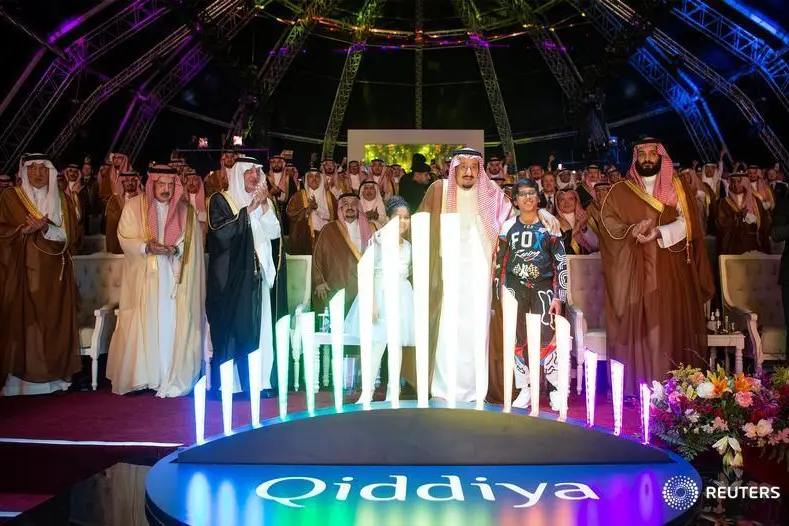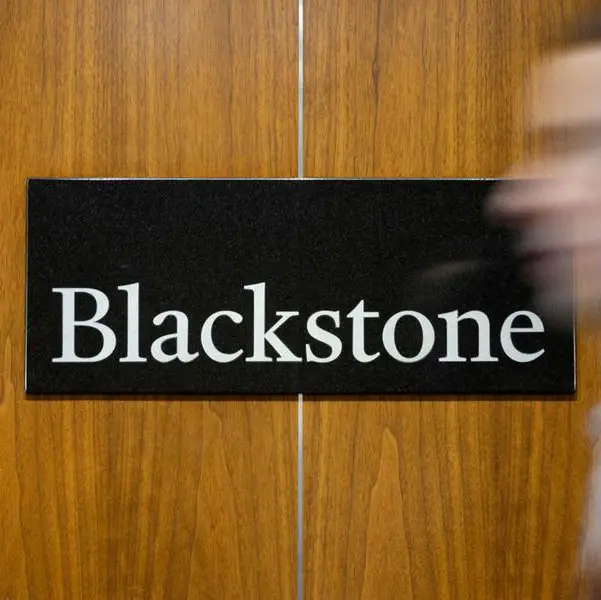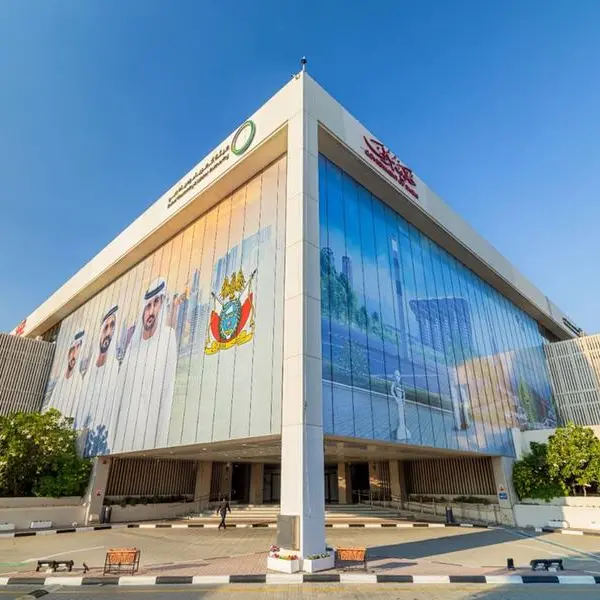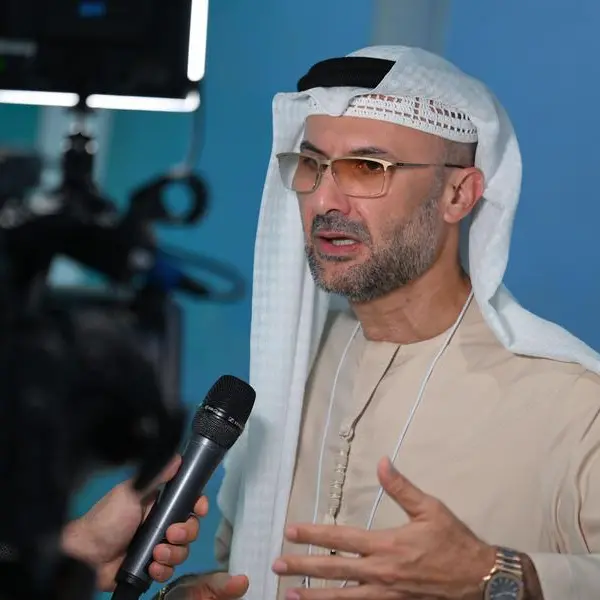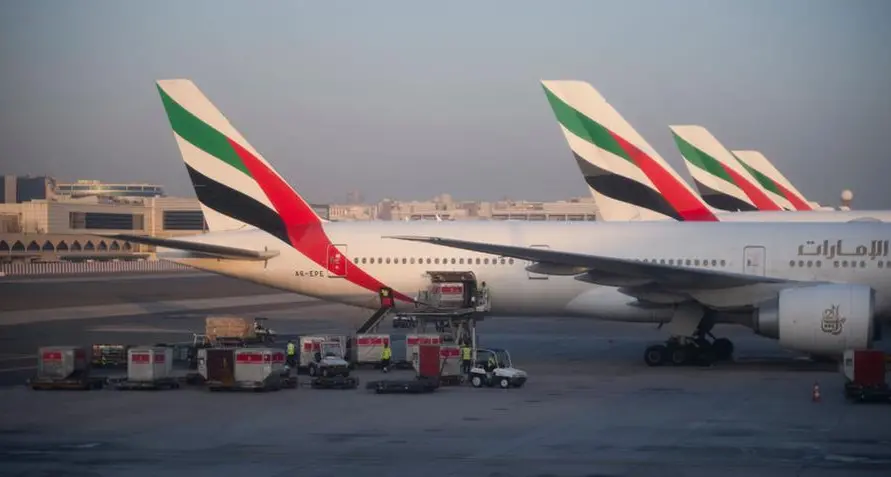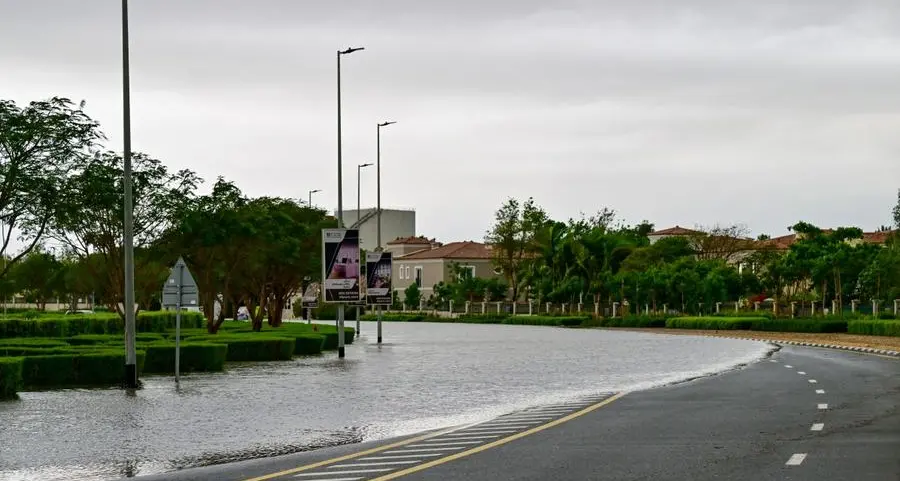PHOTO
Gulf Cooperation Council (GCC) states can generate an incremental revenue of $3.4 billion annually by aligning investments in the leisure and entertainment sector (L&E) with consumers’ needs. However, to make the most of it, investments need prioritised to match the specific needs of the sector’s consumers, The Ideation Centre said in its report.
The think tank for Strategy & noted that GCC governments have several opportunities to increase L&E demand and returns on investment, and grow sector economic contribution in the region.
The Centre surveyed 1,200 consumers in the six GCC countries to understand their preferences in L&E offerings available.
Karim Sarkis, Senior Executive Advisor with Strategy& Middle East said: “Based on consumers’ self-reporting, an improvement in L&E offerings could potentially lead to an increase in spending by over $3.4 billion a year across the GCC.
"More than 78 percent of respondents showed willingness to increase their spending on L&E if the offerings were more aligned with their needs. This would correspond to an average increase in spending on L&E activities of 8.5 percent per household,” he added.
Bahjat El-Darwiche, partner with Strategy& Middle East, said: “L&E activities impact society’s well-being positively in a number of ways, through engaging nationally relevant culture and art activities, increasing citizen’s participation in recreational events and affirming belonging among diverse groups of people – which all leads to a higher quality of life. However, to get the most from their L&E initiatives, GCC governments have to prioritise investments to match the specific needs of the sector’s consumers.”
While the UAE already has a strong existing supply of recreational activities and mega parks, coupled with renowned visual arts and live entertainment offerings, Bahrain leads the region in terms of supply of cultural and neighbourhood entertainment, especially its live entertainment sector (theatres and festivals).
Saudi Arabia has a limited supply of L&E offerings relative to its population size. Yet if it achieves its 2030 plans, its overall L&E offerings, excluding sports, will be the richest and most diverse in the region in absolute terms, the report said.
The Ideation Centre has identified three priorities for GCC governments:
1) Increase sensibility to arts and culture
GCC consumers are not sufficiently engaged in arts and culture. GCC governments should start by making arts and culture offerings more available and accessible, publicising them in dedicated public spaces. They should then encourage peoples’ participation through the creation of immersive and engaging experiences.
2) Focus on neighbourhood-based entertainment offerings
Incentivise investments to build a comprehensive neighbourhood entertainment offering. Family entertainment centres should be prioritized for their high profitability (ROI of 20 percent or more). Outdoor urban parks should be made more available and accessible, especially closer to prime city locations.
3) Invest more carefully in theme parks
While there is a growing demand for theme parks, GCC governments need to assess any opportunity carefully. Theme parks require large and complex investments, and there is typically a lengthy period before they break-even, in part because of high operating costs. However, if successful, they can increase jobs, attract tourism, and increase tax revenues.
Melissa Rizk, senior fellow with the Ideation Centre, said: “The current L&E investments under way in GCC countries are ambitious. By working in partnership with the private sector, GCC governments can develop the L&E sector so that it also opens the region to an influx of domestic and international tourists."
"In turn, this could unlock significant economic potential for the region, helping countries to fulfil their national development objectives,” she said.
(Writing by Seban Scaria seban.scaria@refinitiv.com, editing by Anoop Menon)
Our Standards: The Thomson Reuters Trust Principles
Disclaimer: This article is provided for informational purposes only. The content does not provide tax, legal or investment advice or opinion regarding the suitability, value or profitability of any particular security, portfolio or investment strategy. Read our full disclaimer policy here.
© ZAWYA 2019
